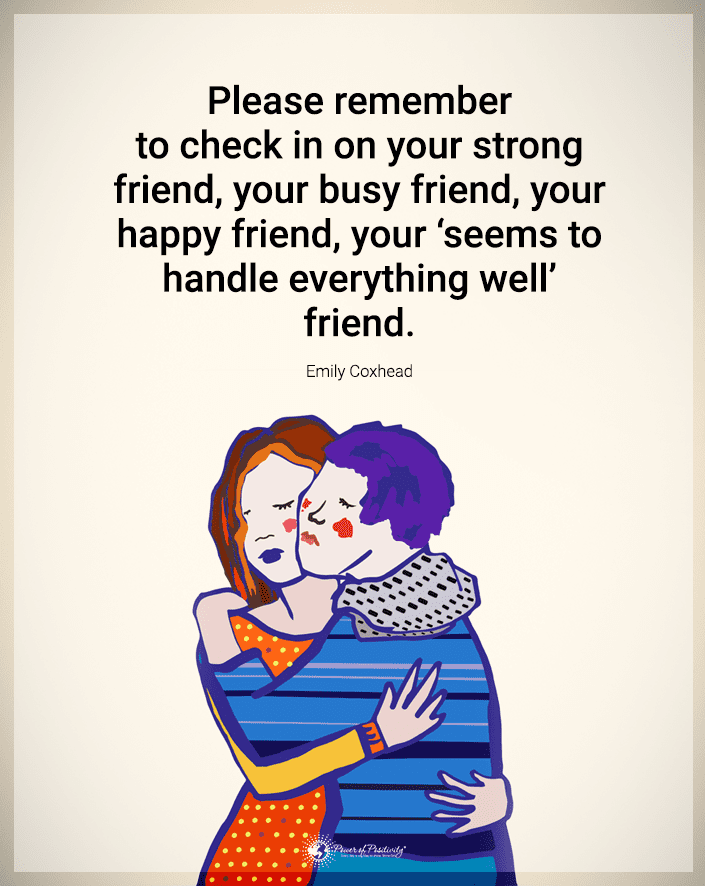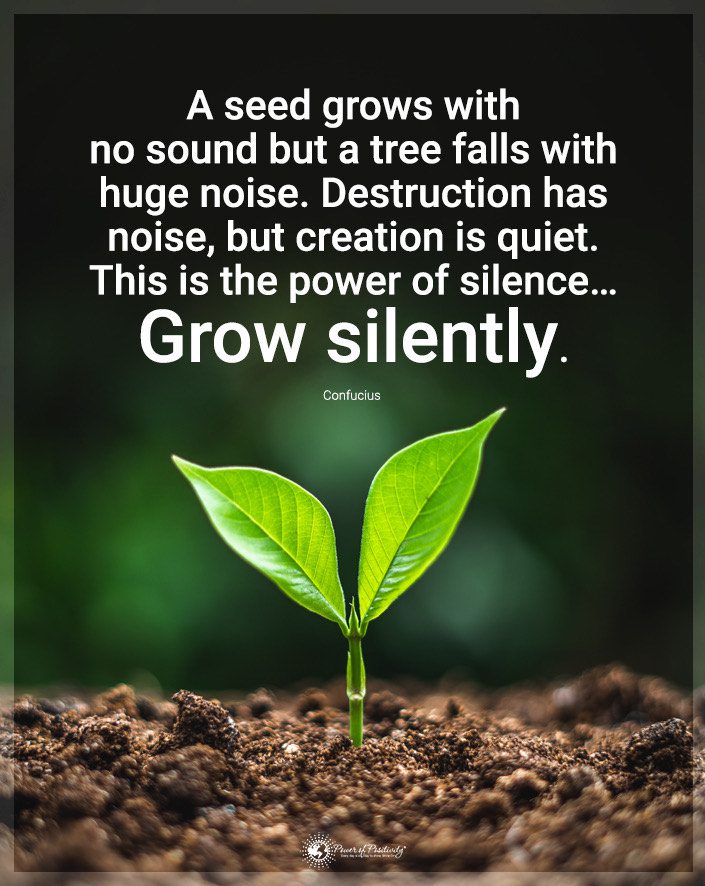A big part of interhuman communication is the ability to listen, and not only that, but you need to learn what empathetic listening means. It’s not enough to hear what something has to say. It matters how attentive and proactive you are when you hear someone out. Most people understand that communication is vital in all human relationships, no matter if they are platonic or romantic. But that’s about as far as their knowledge of empathy goes.
But, like most concepts out there, communication is layered. Depending on your context, you’ll have to use different communication styles to get your point across. But, in a relationship, being heard isn’t all that matters. So there is much to learn about the art of listening that most people wouldn’t even think about. And one of the most surprising things, though it should be intuitive, is that listening should be empathetic.
The Importance of Empathetic Listening
Many people believe that, when it comes to relationships, listening is only essential when there’s a problem. You hear the issue, solve it, and that’s it. Because of that, they forget to put some emotion into the process. Or, if there is any emotion involved, it’s most probably, something selfish. You might mistake only listening to your friends and partners when you can get something out of it. That doesn’t make you a bad person.
It just makes you someone who has been raised in an individualistic context and hasn’t been taught how to communicate. And worse, not knowing how to communicate effectively will almost always negatively affect your relationship. You can even risk making your partner feel like you don’t care about them enough to listen with empathy, which will inevitably create a divide between you. To avoid this, you must understand what empathetic listening is and how to incorporate it into your communication style.
What is Empathetic Listening?
While the term might be new, it’s easy to deduce what it means. As the name suggests, empathetic listening concerns the ability to relate to what the other person is telling you. This concept is also known as active listening, a term you might be familiar with. The main difference between this and passive listening, which is what most people use, is the desired outcome of the conversation.
Someone who passively listens will only want to be able to respond to what they hear. But an empathetic listener will want to understand what the other person is telling them. But, of course, that’s not all there is to empathy. The process is much more complex, although everyone can quickly pick up the basics. But if you want to incorporate this skill into your life, you must understand it.
It’s not enough to understand what you are being told if you want to engage in empathetic listening. You also must ensure that you are fully present in the conversation. There’s no room for zoning out and listening with one ear. You are either one hundred percent in, or it’s not going to work. This can also mean that you might have to lead the conversation. Sometimes, people aren’t ready to share what they are thinking or going through.
That’s when you might need to step in and ask leading questions. Remember that you should always ask open-ended questions as they allow the other person to feel like they can freely share anything.
Empathetic Listening and Advice
What stunts most people when it comes to empathetic listening is that it requires that the listener gives no advice. This seems counterintuitive, as most people are taught that the only reason you even listen to someone is so that you can give them your perspective on things. But being judgemental or offering advice is the last thing a partner needs.
An empathetic listener knows this and understands their role is to offer emotional support and nothing more. At least they know to withhold their advice until they have taken the time to reflect on what they heard. When you talk to someone, it’s always important to take some time to mull over the conversation. That way, you can come up with the best advice if the other person decides to ask you for it.
Otherwise, you can just listen and allow the other person to vent about whatever they are bothered about. Lastly, empathetic listening also entails some physical cues. For example, you should make sure to maintain good eye contact throughout the whole conversation. Also, use verbal and non-verbal cues to let the other person know you are affected by what they are telling you.
Noticing these cues will also make a huge difference. By paying attention to the other person’s body language, you can tell if they are uncomfortable or not. Many other cues can make you understand many different aspects of the conversation that you wouldn’t have noticed otherwise.
5 Reasons Empathetic Listening Is the Most Important Part of Your Relationship
Mastering this critical skill builds empathy and thus improves your relationship.
1. Empathetic Listening Allows You to Understand Your Partner
Everyone needs to be understood, especially by their partner. But being able to listen to someone doesn’t automatically entail that you know what they’re trying to tell you. And that’s mostly because people don’t take the time to think about what the other is going through or how they think.
Any given experience can affect different people in vastly different ways. But people often mistake analyzing everything from their point of view, never the others’. This leads to miscommunication and a lack of understanding. To fix that issue, you should incorporate empathetic listening in your communication style.
That means you’ll have to try to put yourself in your partner’s skin. Think about what they’ve been through and how they are affected by their past experiences. For this, asking for details is essential if you don’t understand something.
2. Empathy Allows You to Release Your Emotions
Most people have fights because they don’t feel they can share their emotions with their partner. In other words, they lack empathy Or, maybe they don’t see the point in doing so because whenever they try, they are ignored. Perhaps they just want you to listen without giving them any advice.
If you think you and your partner are going through that, give empathetic listening a shot. Try to reserve some time in the day to listen to each other, without giving your opinion on the subject, unless it’s asked for. Sometimes, all someone needs is to be able to vent and release all their pent-up emotions.
3. Empathy Builds Trust
Many couples struggle with trust because they don’t always feel emotionally secure in the relationship. Most of the time, this happens because sharing emotions can make people feel like a burden. Maybe they feel like they can’t explain what they’re going through. Or they may feel like their partner will misinterpret everything they say.
A relationship cannot last if there’s a lack of trust. But you can always work on keeping that trust strong. And a good way to do that is through empathetic listening. This method allows you both to be open and to connect on a deeper level. You’ll never have to worry about being a burden because the other person will always comfort you when you need it, and vice versa.
4. Empathetic Listening Allows You to Create Deeper Connections
In any relationship, there will be moments when you feel like your connection is not as deep as you would like. And a big reason for that is that you genuinely don’t know your partner as well as you should. Even if you have been together for a while, that doesn’t mean you have actively tried to get to know each other as well as you should.
If that’s the case, empathetic listening can answer your problem. When you create a safe space for sharing information, the other person will feel safe to open up. You’ll find that your conversations will no longer be limited to what you did during the day. They will also be about deeper subjects, such as your past, your desires, and so on. This will allow you to create a deeper, stronger bond.
5. Empathy Helps You Solve Problems
Problem-solving can be a complicated task for any couple. But it becomes almost impossible if you can’t properly communicate. Sometimes, you risk creating bigger issues because of miscommunications. Even the most minor issue can become a massive fight if that happens. Or you risk brushing things under the rug and never getting around to addressing them. That’s also a bad option, as those issues will eventually resurface.
The best thing you can do is talk through those issues. But don’t make the mistake of becoming defensive and only thinking about your side of the story. When you incorporate empathetic listening in your problem-solving methods, you’ll use your empathy to talk through things more efficiently. Plus, you’ll learn how to work together to solve the issue instead of just fighting for your side.
Final Thoughts on Why Empathetic Listening Is Important for Your Relationship
Communication will always be vital for creating a strong bond with someone. If you can’t talk openly, you can’t get to know the other person well. Therefore, you can’t create a strong bond. Or you won’t be able to solve the issues you face as a team. You’ll always struggle with misunderstandings and other minor issues. Potentially the biggest issues appear when one of you feels neglected or misunderstood. Because, above all else, people want to feel safe in a relationship. And they won’t feel secure and respected when they can’t open up.
Empathetic listening is the key to solving all these issues. Also known as active listening, this process entails trying to hear the other person out and genuinely display empathy. Plus, it’s a process in which you withhold any advice or judgment if you’re not asked for it. If you start practicing this, you’ll strengthen your relationship and create a much deeper connection than you’d have thought possible.

















 Community
Community

